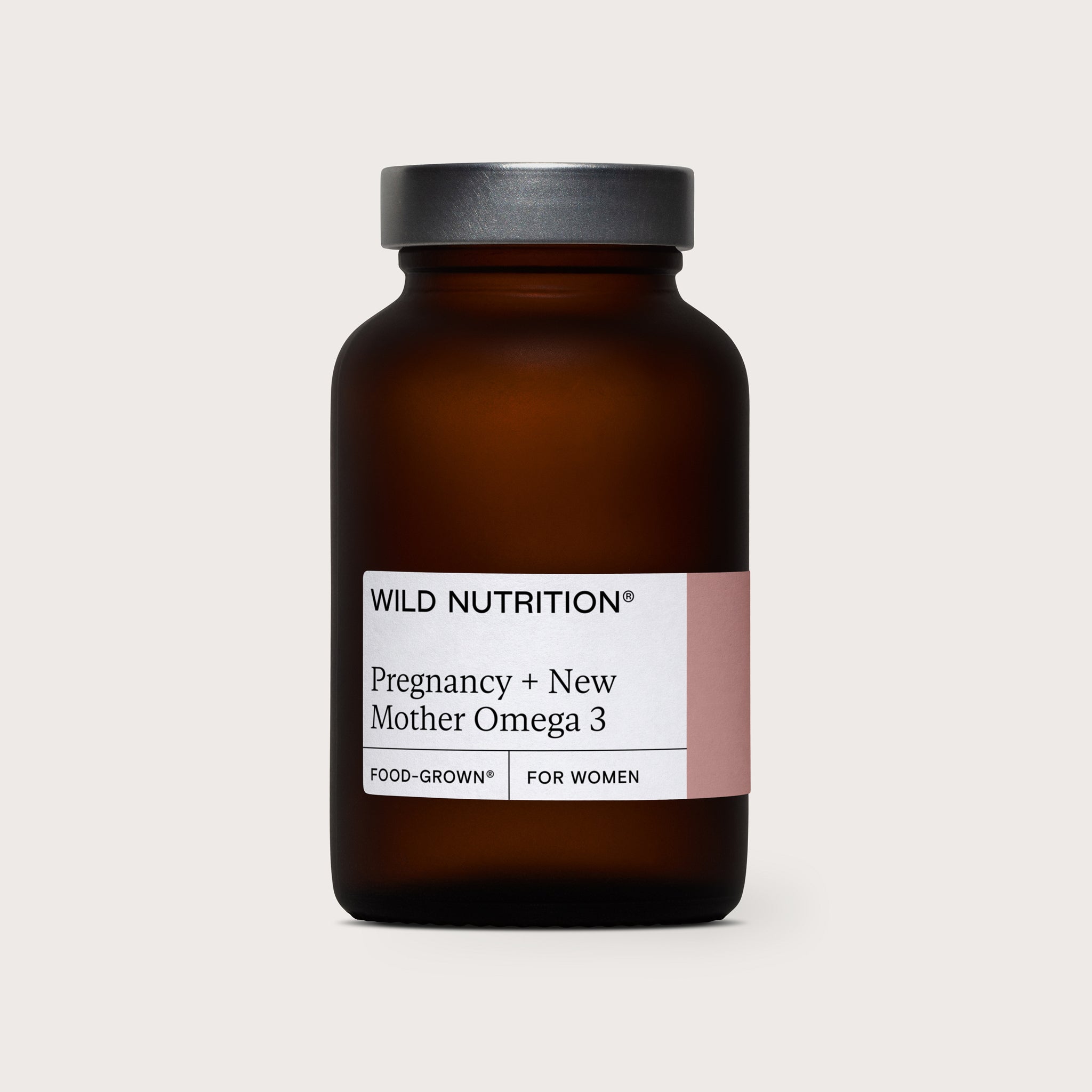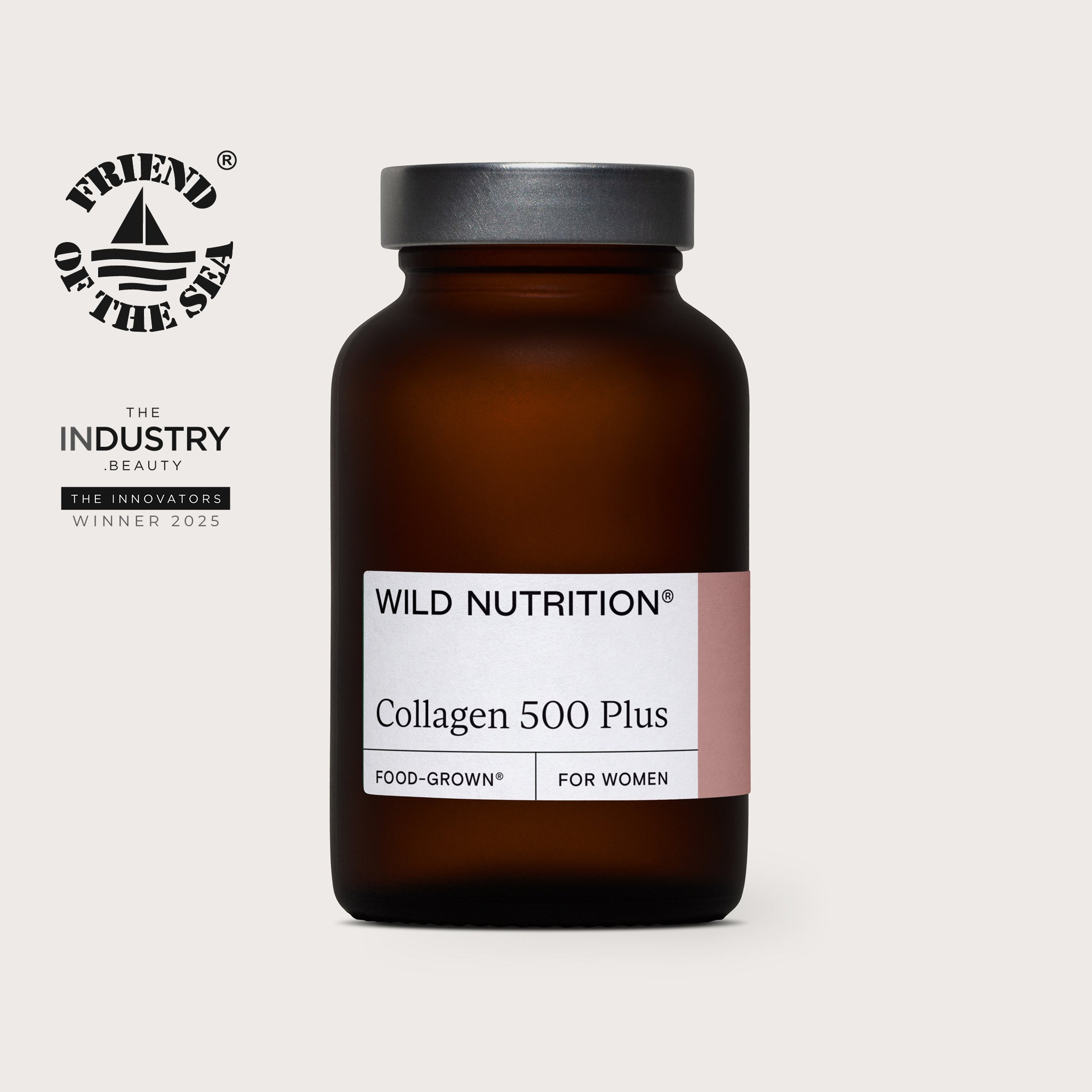
Not all fats are created equal
Fats and oils may well be the most important part of your daily diet. Over the past 20-30 years, there has been an explosion of research on the significance of fats in health and disease. There is considerable evidence which links certain fats with many of the most common forms of degenerative diseases afflicting society today, including cancer and heart disease. But it is fundamental to realize that not all fats are created equal. Simply put, there are actually good fats and bad fats, that is, those that support beneficial body processes and fats that have detrimental effects. Becoming familiar with different types of fats and oils will help you make informed, health-enhancing decisions.
The physical characteristics and nutritional activity of a fat depends on the kind of fatty acids it contains (fatty acids are the basic units of all fats). A fat is classified as saturated, monounsaturated, or polyunsaturated according to the type of fatty acids it contains in the greatest quantity. Dietary fats serve many functions in the body. Perhaps the most important are structural - they are the major constituent of every cell membrane in the body. The membrane, or outer lining of a cell, determines what goes into and out of that cell - like a gatekeeper. As such, they are critical to the proper functioning of the cell.
The good guys
Fats derived from unprocessed food sources are generally good. Polyunsaturated and monounsaturated oils are more fluid and allow easier and healthier function. There are also some natural (unprocessed) saturated forms that participate in many functions such as repair of gut cells and formation of healthy brain and nerve cells such as coconut oil. There are two families of fats that are not only good, they are termed essential - meaning that the body cannot make them and they must be obtained from the diet - Omega-3 and Omega-6 essential fatty acids (EFAs). These essential forms perform a crucial function in the body by producing messengers called prostaglandins. These are hormone-like substances that can be thought of as 'master switches' that regulate and control almost all cellular activity include controlling inflammation, blood pressure, and immune system activity. Our Pure Strength Omega 3 provides 800 mg of EPA and 400mg of DHA.
EFAs are very important, but unfortunately, they are fragile and easily 'deactivated.' The main processes that deactivate EFA's are heat, oxygenation, and hydrogenation. For instance, oils can be exposed to high heat during processing and cooking, while oxygenation occurs when the oil is exposed to air and light, such as when oils sit on shelves. Hydrogenation occurs when hydrogen is bubbled through oils, as is done in the making of margarine. This process, which results in fats that are labelled as 'hydrogenated' or 'partially-hydrogenated,' extends the shelf life of the oil, and, as in the case of margarine, turns a liquid vegetable oil into one that is solid at room temperature.
The beneficial natural oils actually change their molecular configuration or shape when they are 'deactivated' they are termed trans fatty acids (TFAs). These TFAs are biochemically different and are not able to fulfil the same function as the original oil. Unfortunately, they can still take the place of the biochemically active essential fats in cell membranes, acting to slow production of the beneficial prostaglandins. There is also some evidence to suggest that they may act like free radicals and promote tissue destruction.
A variety of dietary and lifestyle factors are known to interfere with proper EFA function include, trans fatty acids (found in starchy foods: crisps, chips, and bread), alcohol, environmental pollutants such as lead and cadmium, aspirin and anti-inflammatory drugs
Consuming the wrong types of fat, altered good fats, or just not enough of the good fats can result in a myriad of health problems, including vascular damage, eczema, immune dysfunction, and slow wound healing. The consumption of good quality essential fatty acids and natural fats is crucial for optimal cellular function and health. To rephrase an old adage, your cells are what you eat.
4 Top tips
- For medium-heat cooking, use short or medium chain natural saturated fats, like coconut oil. These oils are more stable and don't have the health risks associated with hydrogenated processed saturated fats.
- Add healthy monounsaturated and polyunsaturated fats to your foods. The best to use is cold-pressed extra-virgin olive oil, along with sesame (tahini), flax, walnut, almond, grapeseed, and avocado oils.
- Avoid processed fat. This means margarine, processed baked goods and chips – anything labelled 'hydrogenated' or 'partially hydrogenated.' These are unnatural, damaged and there is absolutely nothing good about them. If you have to choose between butter and margarine, choose butter (and use it sparingly).
- Purchase good quality oils. It is important that they are labelled 'cold-pressed' so they are not exposed to high heat and chemical alteration. These oils should be kept in tinted, glass bottles with a tight lid, refrigerated and not used for high heat frying. Additionally, olive oil should be labelled 'extra-virgin' or 'first-pressing.' Coconut oil should be labelled both 'organic' and 'virgin.'












